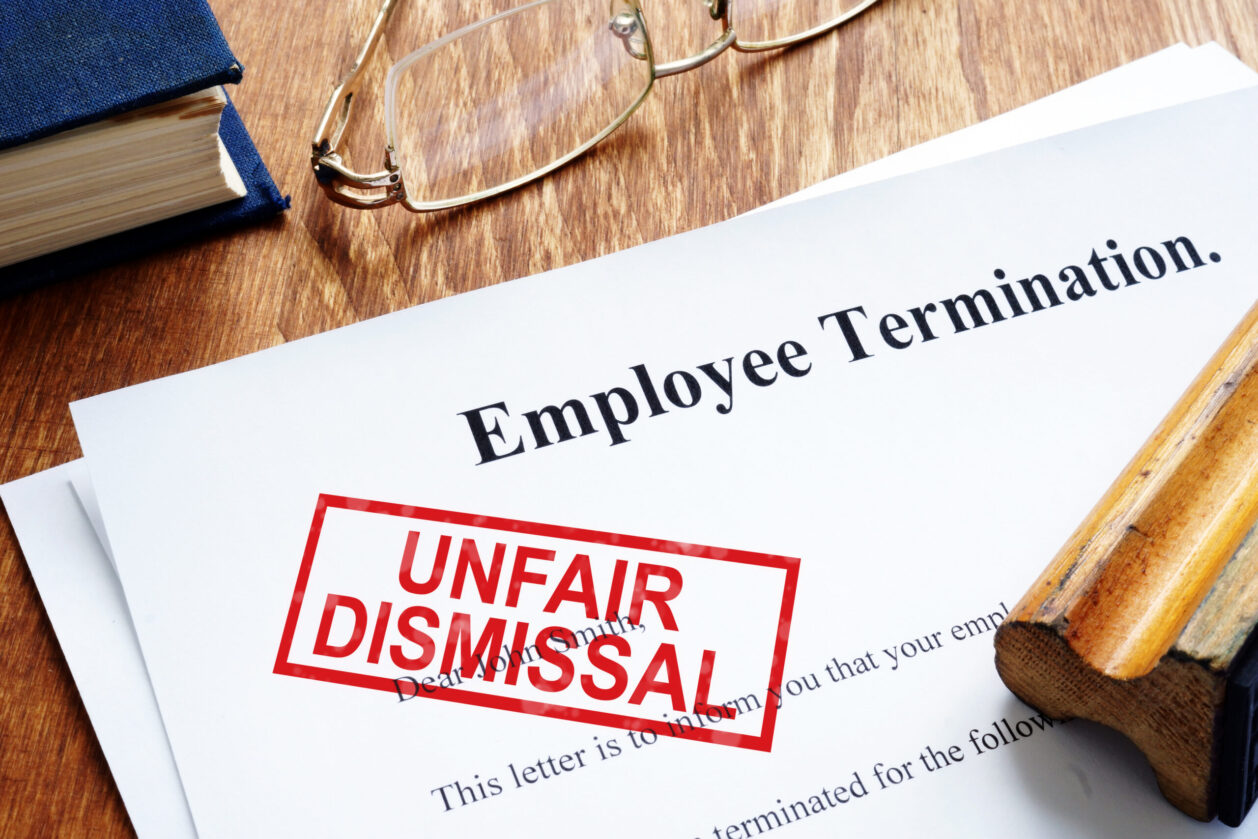Following a four-yearly review, changes to the Social, Community, Home Care and Disability Services Award will take effect on July 1, 2022. The key changes are outlined below.

Following the four-yearly review of the Social, Community, Home Care and Disability Services Award 2010 by the Fair Work Commission, a decision to vary the Award was issued on January 31, 2022. These amendments will be effective from July 1, 2022.
A brief summary of the key changes are outlined below.
Minimum engagement periods for part-time and casual shifts
From July, part-time employees should be rostered on or paid for shifts that are a minimum of two or three hours, depending on the sector that they work in.
The minimum engagement periods for casual employees have also been amended to reflect the same engagement periods as for part-time employees.
Given this may result in changes to existing contractual arrangements between employees and employers, transitional provisions have been introduced. These provisions will apply to arrangements that were in place before February 1, 2022. The transitional provisions provide employers time to negotiate shifts with those employees who will be impacted by the new minimum shift requirement.
Other Resources

Client cancellations — home care and disability
Currently under the Award, notification of a client cancellation must be made by 5:00 pm prior to the rostered shift. If such notice isn’t provided, a full-time or part-time employee is required to be paid for their minimum specified hours on that day.
With the amendments, an employee must be provided with an equivalent shift or paid the amount payable had the employee performed the shift in the circumstances where a client cancels a service within seven days.
There are also provisions that allow the employer to direct the employee to do other work or, in certain circumstances where more than 12 hours’ notice was given, work a make-up shift.
Broken shift allowance — home care and disability
Employers will be required to pay an additional allowance of 1.7 per cent of the standard rate per broken shift that has one unpaid break. An employee who agrees to work a broken shift with two unpaid breaks, must be paid an allowance of 2.25 per cent of the standard rate per broken shift.
Overtime rates and on-call allowances
A minimum engagement period of two hours for employees who have left the workplace and are called back to work will now also apply.
Additionally, for an employee who is required to be on-call, they should be paid an additional allowance of 2 per cent of the standard rate for weekdays or 3.96 per cent of the standard rate for weekends and public holidays. In addition, the overtime provisions have been amended to provide some further clarification as to when overtime applies.
There are several additional key changes relating to this Award, and as such it is highly recommended to read the FWC decision and determination to understand what applies.

To find out more about these changes and how they may impact your business, call the Employee Relations Advice Centre at CCIWA on 08 9365 7660 or email [email protected].






